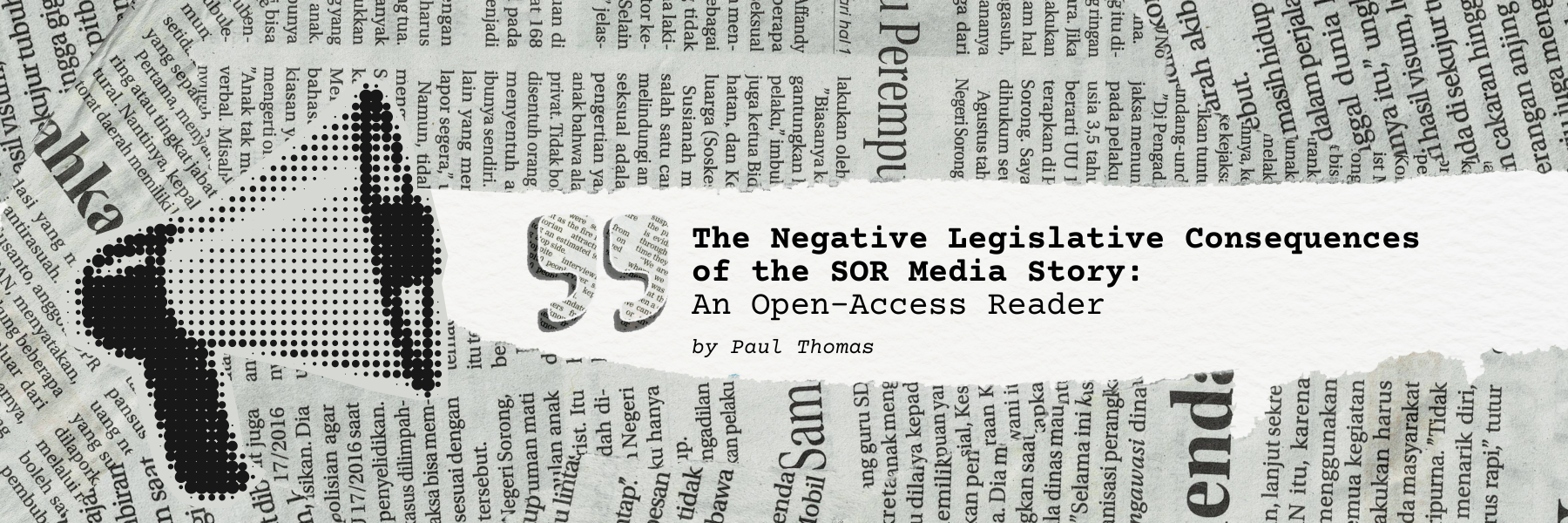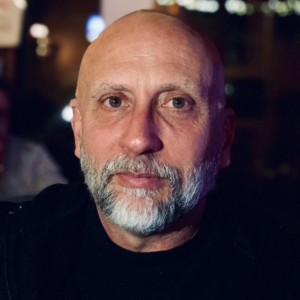BLOG
The Negative Legislative Consequences of the SOR Media Story: An Open-Access Reader
Originally published April 8, 2023. Republished with permission by Paul Thomas, author of the blog Radical Scholarship. https://radicalscholarship.com/2023/04/08/the-negative-legislative-consequences-of-the-sor-media-story-an-open-access-reader/
Increasingly since around 2013, the media story around the “science of reading” has resulted in legislation that bans targeted reading instruction and mandates limited reading program options for schools, teachers, and students.
Concurrently, literacy scholars have documented that key aspects of the SOR media story are false, and thus, legislation based on the media SOR story is misguided and likely to be ineffective or harmful.
Scholars have documented that the following elements of the media SOR story are misleading or false:
- The US has a reading crisis because of reading programs not aligned with SOR and based in balanced literacy instead.
- SOR is settled science that is reflected in NRP reports and the simple view of reading (SVR).
- Students have not been afforded systematic phonics instruction that must be implemented for all students before they can comprehend or even “love” to read.
- The reading crisis includes misidentifying and under-serving students with dyslexia, who represent a large percentage of students struggling to read at grade level.
- The evidence of a reading crisis is NAEP data.
While there is a great deal of scholarly research available, such as two targeted issues of highly regarded Reading Research Quarterly, below is a listing of open-access scholarship that refutes the media story around SOR and establishes why reading legislation based on that SOR story should be rejected or revised:
- The Science of Reading and the Media: Is Reporting Biased?, Maren Aukerman
- The Science of Reading and the Media: Does the Media Draw on High-Quality Reading Research?, Maren Aukerman
- The Science of Reading and the Media: How Do Current Reporting Patterns Cause Damage?, Maren Aukerman
- Legislating Phonics: Settled Science or Political Polemics? David Reinking, George G. Hruby, and Victoria J. Risko
- Thomas, P.L. (2022). The Science of Reading movement: The never-ending debate and the need for a different approach to reading instruction. Boulder, CO: National Education Policy Center. http://nepc.colorado.edu/publication/science-of-reading
These open-access scholarly examinations of the SOR movement should be used to advocate for an accurate characterization of reading and reading instruction, to address the individual needs of all students, to support the professional autonomy of teachers, and to call for reading legislation that avoids sweeping bans, narrow mandates, and creating yet more profit for the education marketplace.
THE JOURNAL OF READING RECOVERY
Spring 2025
OPEN ACCESS: Centering Children and Working Towards Equity: Teaching All Children to Read by Catherine Compton-Lilly
Literacy Leadership in Support of Equity: Whatever It Takes by Allison Briceño
Exploring the Purposes, Power, and Potential of Familiar Reading by Jamie Lipp
Full Circle: From Student to Psychologist by Joyce Romano





